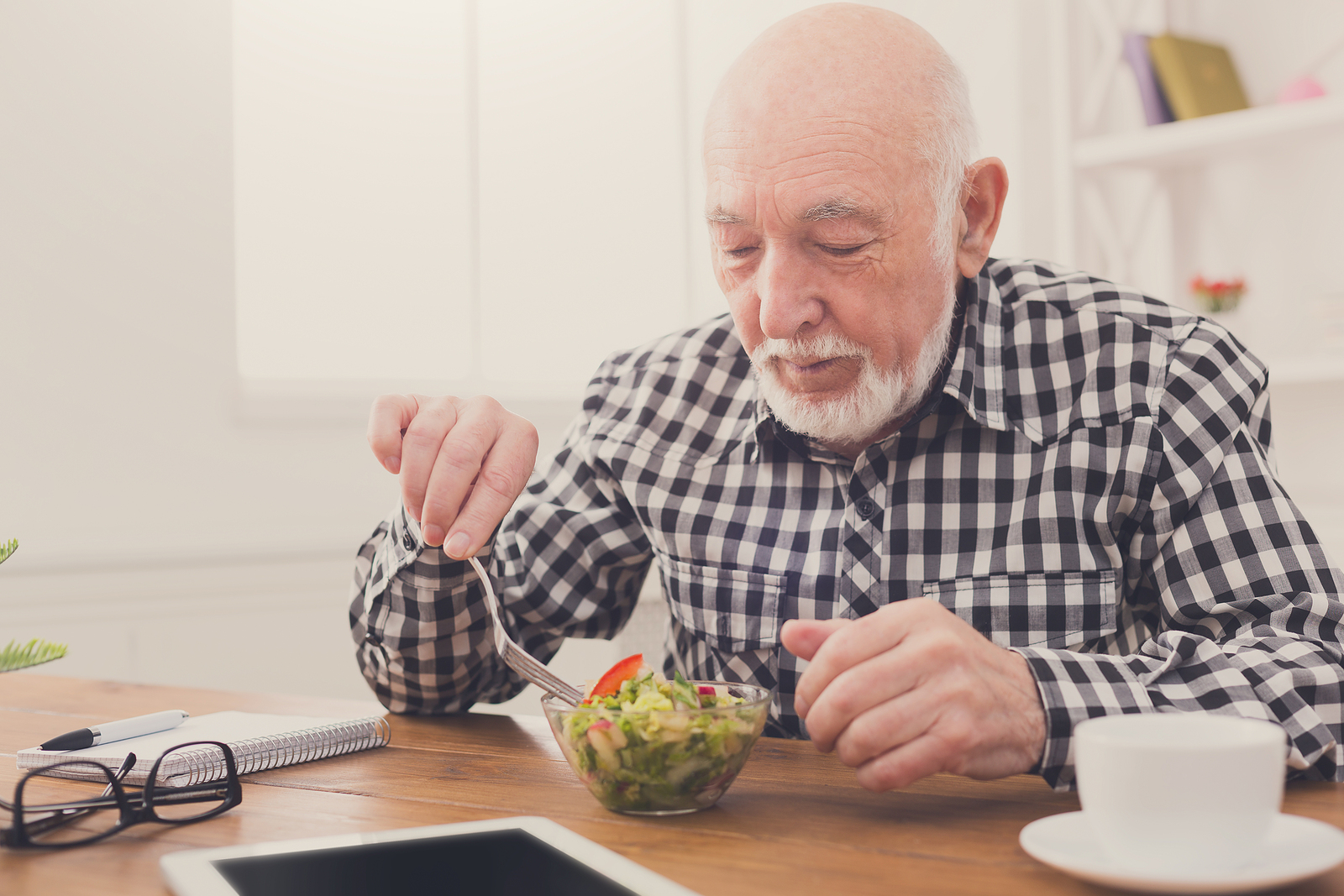
March is Deep Vein Thrombosis Month or DVT Month. A DVT refers to a blood clot that forms in a deep vein, such as those in the legs, pelvis, thighs, and arms. This month, people are called to know awareness of what a DVT is, how or why it may occur, and how to recognize it. While in many cases, a DVT doesn’t cause much harm, it could possibly have a part of the blood clot break off and head to the lungs, reducing blood supply and being fatal. Helping your loved one recognize when he develops a DVT may help him prevent a pulmonary embolism. You, your senior and an elder care provider can watch for these signs of a DVT and also take steps to reduce the risk of one developing.
Let’s start with the symptoms of a possible DVT.
If your loved one complains of any of these symptoms to you or his elder care team suddenly occurring in his legs or arms, he should be brought to the hospital right away.
- A swelling in one leg or arm that doesn’t affect the other limb.
- If his leg or arm feels warm when your elder care provider touches it.
- The leg or arm changes color and becomes more red or purple
- A sudden cramp or soreness that often begins in the calf muscle.
Your loved one may be more at risk for DVT if he has any of these risk factors, but it can occur to anyone.
Over 60
While it can occur at any age, those over 60 are more likely to develop a DVT.
Being Obese
Extra weight puts more pressure on the veins of the pelvis and legs and could lead to a DVT.
Lack of Mobility
If you are caring for an elderly loved one that is bedridden due to an illness or recovery from surgery, his chances of developing a DVT are higher. It can also increase with those who sit for long flights on airplanes or generally just sit most of their day. When the legs aren’t moving, the calf muscles don’t contract and help the blood flow through the veins of the legs. When possible, it’s important to regularly move and stretch the legs.
Being a Smoker
Smokers are more likely to develop a DVT due to how smoking affects blood flow and clots.
Heart Failure
Someone with heart failure doesn’t have a heart and lungs that work as well as they should, making the risk of DVT increase.
Inflammatory Bowel Disease
DVT risk can increase for those who have Crohn’s Disease or ulcerative colitis.
If you think your loved one has developed a DVT, contact his health provider. Most likely they will want to see him so they can monitor it and make sure it doesn’t break off and create a much more serious Pulmonary Embolism.
If you or an aging loved one is considering elder care in Clayton, CA, please contact the caring staff at Golden Heart Senior Care of Walnut Creek. (925) 203-3039.


